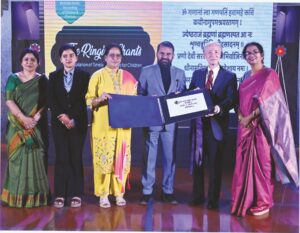From Teenagers to Centenarians: Kerala Becomes India’s First Fully Digitally Literate State
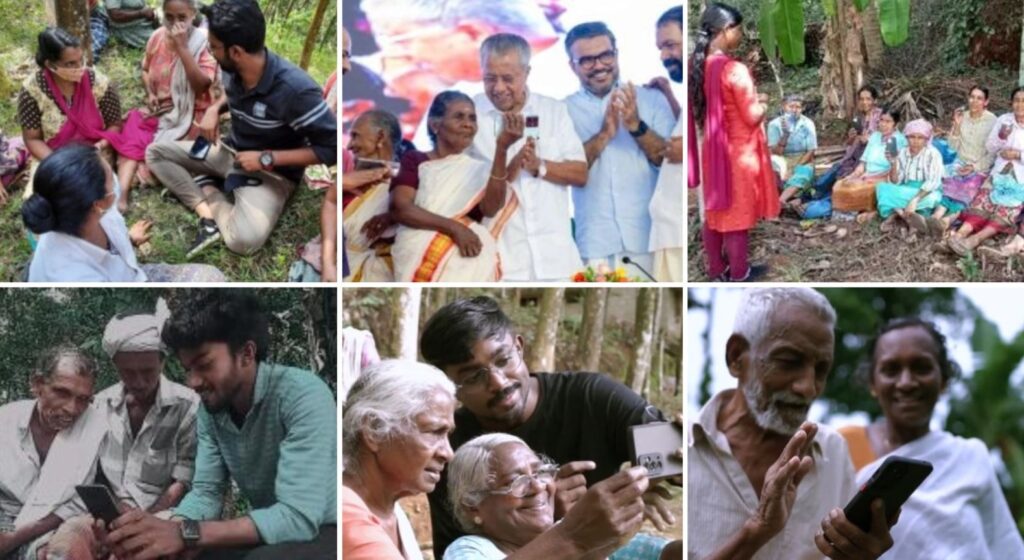
From Teenagers to Centenarians: Kerala Becomes India's First Fully Digitally Literate State
In a historic leap toward inclusive progress, Kerala has become the first state in India to achieve 100% digital literacy—a remarkable feat that blends technology with social empowerment. Chief Minister Pinarayi Vijayan officially declared the milestone at a public function in Thiruvananthapuram, proudly highlighting that this achievement mirrors the state’s earlier triumph of becoming the first fully literate state in India. This time, however, it’s not just about reading and writing—it’s about thriving in the digital age.
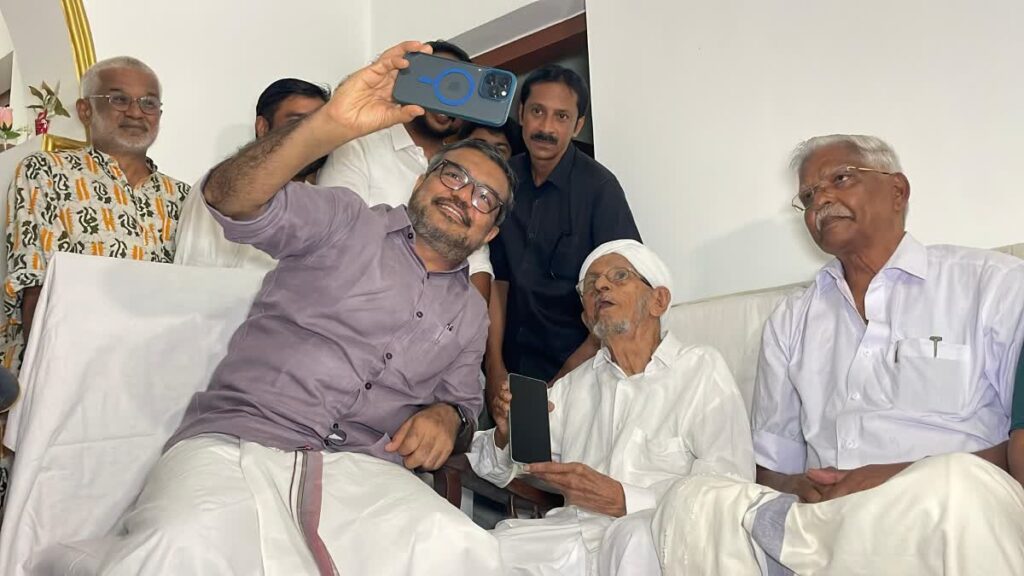
What truly makes this achievement special is its inclusivity. One of the brightest symbols of this transformation is 105-year-old Abdulla Moulavi from Ernakulam, who recently became digitally literate. His journey proves that age is no barrier when the goal is empowerment. The Chief Minister interacted with him via video call during the event, calling it a moment that captures the spirit of the “real Kerala Story.”
The transformation comes through the Digi Keralam programme, launched in 2023, which aimed to bridge the digital divide across all sections of society—regardless of age, gender, or location. Building on earlier initiatives like the Akshaya project, which had already put Malappuram on the map as India’s first e-literate district, the state has now scaled up its vision for digital empowerment.
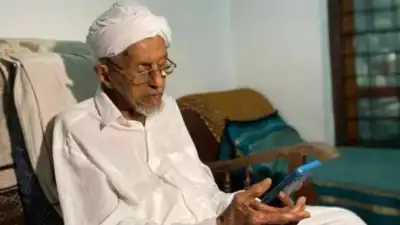
As part of Digi Kerala’s second phase, every citizen’s essential documents will be digitised and linked with DigiLocker—making Kerala the first state to implement such a comprehensive system across the board. This phase will also include awareness training on cybersecurity, social media misuse, and cybercrime prevention to ensure digital literacy is sustainable and safe.
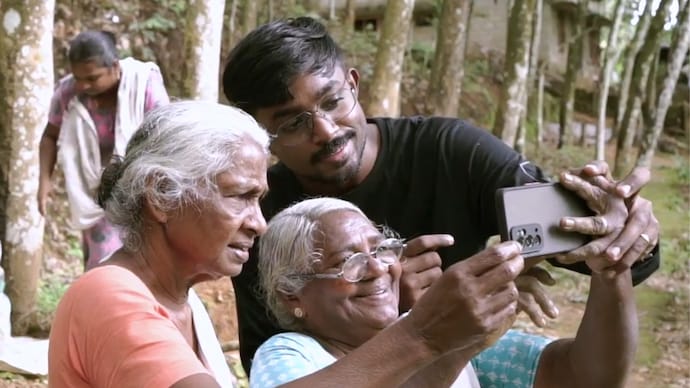
Today, more than 9,000 government services are available online in Kerala. Citizens can access vital documents like birth certificates, income certificates, or even file police complaints—without setting foot in a government office. Thanks to platforms like K-SMART, even Non-Resident Indians (NRIs) can now access services remotely.
Digital literacy, defined as the ability to use digital tools meaningfully in daily life, has far-reaching benefits. It boosts transparency and government efficiency, promotes global connectivity, enhances democratic participation, and enables financial inclusion through tools like UPI and Direct Benefit Transfers (DBT). Most importantly, it equips people with ICT skills critical for success in the modern economy.
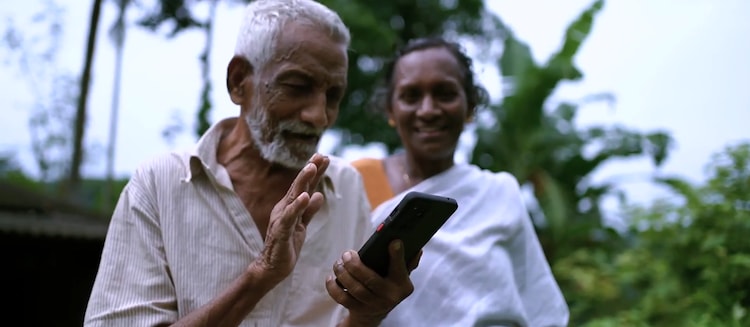
However, with such progress comes responsibility. Ethical use of the internet, protection of personal data, and vigilance against cyber threats are essential. Kerala’s approach, which includes educating citizens on these aspects, offers a model for the rest of the nation—where digital transformation is not just about access, but also awareness and accountability.





